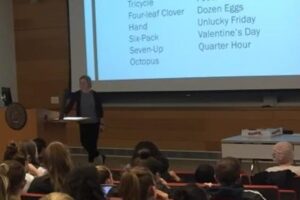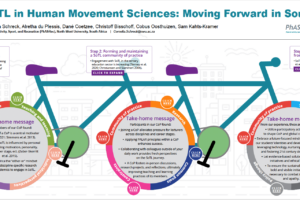
Innovating Interdisciplinarity in Higher Education: Exploring the Impact of a Grassroots Community of Practice
By Maria Azucena Gutierrez Gonzalez, Caitlin Mandeville, Ferne Edwards, Paula Rice
Our paper, “Innovating Interdisciplinarity in Higher Education,” raises pertinent issues of how colleagues and students can collaborate across disciplines to overcome sustainability problems. The paper reflects on our experiences as teachers who formed a Community of Practice (CoP) while teaching a master’s umbrella course (“Experts in Teamwork,” or EiT) in Norway. During the CoP development phase, we recognised the greater value of being “different”—as teachers who came from different cultures and disciplinary backgrounds and with varied “exposure times” for living in Norway. This diversity both catalysed our interest in learning from each other and supported the generation of new knowledge within the classes.
We found that CoPs work when all participants are genuinely and equally invested, and through our shared experiences, the CoP helped validate this interdisciplinary approach. In turn, we strove to convey to the students how life beyond the university will require such competencies and skills,—i.e., how thinking beyond academic silos is essential for problem-solving, innovation, and even team-building and interpersonal skills.
Since its establishment, we have continued to apply learnings from the CoP in our work. For example, Maria has started “several collaborative pilots built on CoPs as leader of the University City TRD3.0 project, one of them is aiming at integrating the EiT programme in practices at the Trondheim Municipality. Likewise, Ferne has applied insights from the CoP to lead an international network of networks in the EU FoodCLIC project, working with multi-sectoral stakeholders in eight city-regions across Europe to intersect with a larger CoP to engage policy-makers, who in turn, share knowledge with a wider CoP consisting of food policy networks around the world to advance just and sustainable cities.
At a time when universities often face funding issues, this article demonstrates how an investment in teacher professional development via a CoP can have significant spillover effects that can benefit instructors and their students, as well as strengthen other university and greater real-world objectives.
Read the TLI article here.
Photo credit: Freepik




